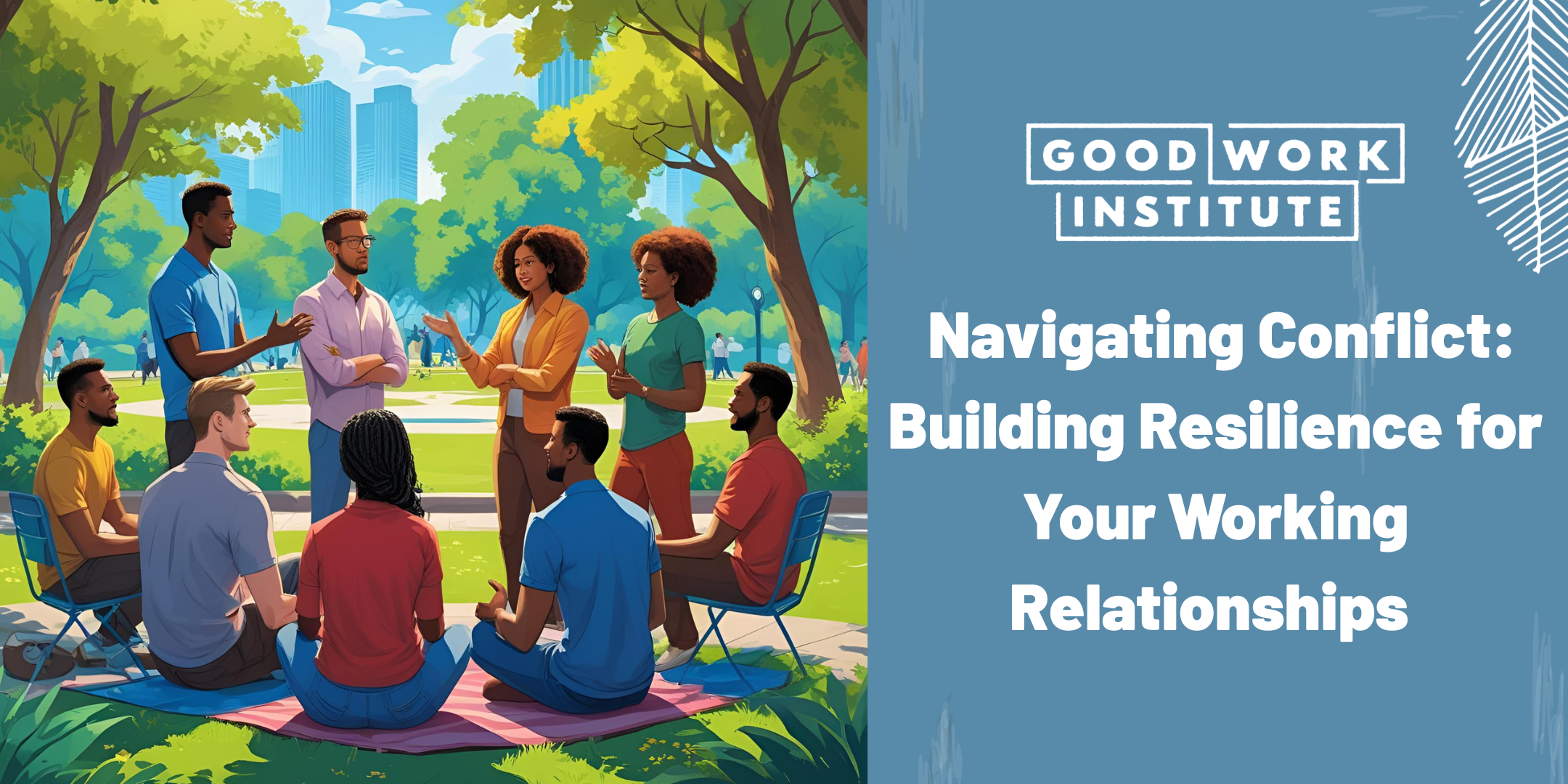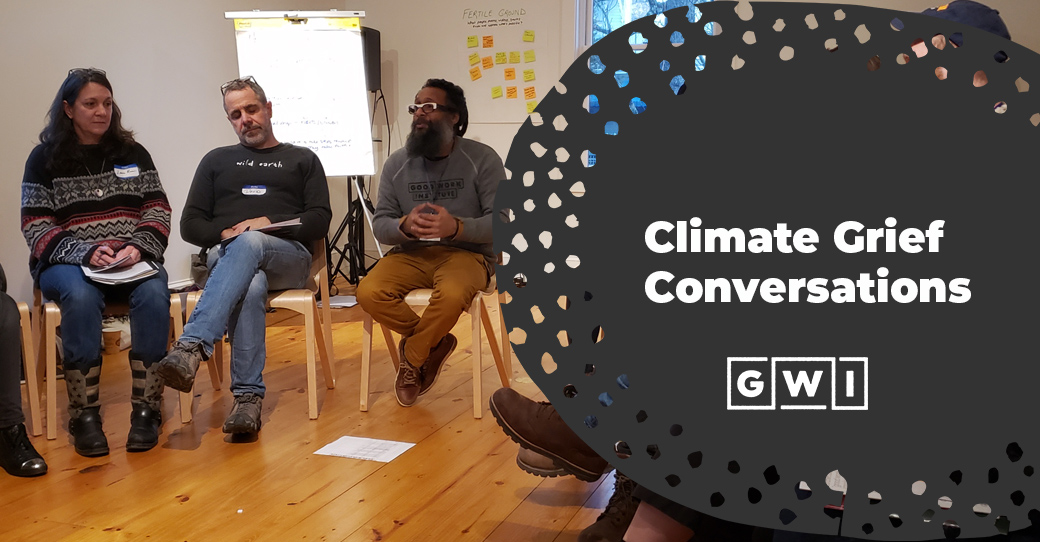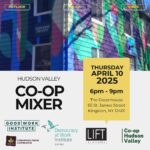Are you ready to dedicate some attention to a fresh approach to your working relationships? In this 8-week workshop, we will cultivate our capacity to connect with ourselves and others, practice nonviolent communication skills, and develop conflict resilience in our work with others.
Continue readingNavigating Conflict: Building Resilience for Your Working Relationships (4 of 8)
Are you ready to dedicate some attention to a fresh approach to your working relationships? In this 8-week workshop, we will cultivate our capacity to connect with ourselves and others, practice nonviolent communication skills, and develop conflict resilience in our work with others.
Continue readingNavigating Conflict: Building Resilience for Your Working Relationships (3 of 8)
Are you ready to dedicate some attention to a fresh approach to your working relationships? In this 8-week workshop, we will cultivate our capacity to connect with ourselves and others, practice nonviolent communication skills, and develop conflict resilience in our work with others.
Continue readingNavigating Conflict: Building Resilience for Your Working Relationships (1 of 8)
Are you ready to dedicate some attention to a fresh approach to your working relationships? In this 8-week workshop, we will cultivate our capacity to connect with ourselves and others, practice nonviolent communication skills, and develop conflict resilience in our work with others.
Continue readingClimate Grief Conversations
GWI and Jenny Bates are holding ongoing climate grief conversations. This group will meet on the first Thursdays of the month, (though this one is on the second Thursday) at The Greenhouse 65 St. James St. on the corner of Clinton street and St. James Street in Uptown Kingston. This group is free and open to anyone who has concerns about the climate, about our City of Kingston, and who are stressed about an uncertain future.
“We are picking up distress signals, as living beings on this planet” – Jenny Bates.
Grief is not easily processed alone. The grief felt, consciously or unconsciously regarding the planet is on a scale previously unknown to our species. This series of conversations is an opportunity to share and verbalize what is felt in the context of group that will be facilitated with care, support and a sense of belonging in a confidential and fully respectful manner.
You can listen to Micah and Jenny speak on The Good Work Hour about this topic.
If you have any questions, email [email protected] or [email protected]
Climate Grief Conversations
GWI and Jenny Bates are holding ongoing climate grief conversations. This group will meet on the first Thursdays of the month, (though this one is on the second Thursday) at The Greenhouse 65 St. James St. on the corner of Clinton street and St. James Street in Uptown Kingston. This group is free and open to anyone who has concerns about the climate, about our City of Kingston, and who are stressed about an uncertain future.
“We are picking up distress signals, as living beings on this planet” – Jenny Bates.
Grief is not easily processed alone. The grief felt, consciously or unconsciously regarding the planet is on a scale previously unknown to our species. This series of conversations is an opportunity to share and verbalize what is felt in the context of group that will be facilitated with care, support and a sense of belonging in a confidential and fully respectful manner.
You can listen to Micah and Jenny speak on The Good Work Hour about this topic.
If you have any questions, email [email protected] or [email protected]
Climate Grief Conversations
GWI and Jenny Bates are holding ongoing climate grief conversations. This group will meet on the first Thursdays of the month, (though this one is on the second Thursday) at The Greenhouse 65 St. James St. on the corner of Clinton street and St. James Street in Uptown Kingston. This group is free and open to anyone who has concerns about the climate, about our City of Kingston, and who are stressed about an uncertain future.
“We are picking up distress signals, as living beings on this planet” – Jenny Bates.
Grief is not easily processed alone. The grief felt, consciously or unconsciously regarding the planet is on a scale previously unknown to our species. This series of conversations is an opportunity to share and verbalize what is felt in the context of group that will be facilitated with care, support and a sense of belonging in a confidential and fully respectful manner.
You can listen to Micah and Jenny speak on The Good Work Hour about this topic.
If you have any questions, email [email protected] or [email protected]
Climate Grief Conversations
GWI and Jenny Bates are holding ongoing climate grief conversations. This group will meet on the first Thursdays of the month, (though this one is on the second Thursday) at The Greenhouse 65 St. James St. on the corner of Clinton street and St. James Street in Uptown Kingston. This group is free and open to anyone who has concerns about the climate, about our City of Kingston, and who are stressed about an uncertain future.
“We are picking up distress signals, as living beings on this planet” – Jenny Bates.
Grief is not easily processed alone. The grief felt, consciously or unconsciously regarding the planet is on a scale previously unknown to our species. This series of conversations is an opportunity to share and verbalize what is felt in the context of group that will be facilitated with care, support and a sense of belonging in a confidential and fully respectful manner.
You can listen to Micah and Jenny speak on The Good Work Hour about this topic.
If you have any questions, email [email protected] or [email protected]
Climate Grief Conversations
GWI and Jenny Bates are holding ongoing climate grief conversations. This group will meet on the first Thursdays of the month, (though this one is on the second Thursday) at The Greenhouse 65 St. James St. on the corner of Clinton street and St. James Street in Uptown Kingston. This group is free and open to anyone who has concerns about the climate, about our City of Kingston, and who are stressed about an uncertain future.
“We are picking up distress signals, as living beings on this planet” – Jenny Bates.
Grief is not easily processed alone. The grief felt, consciously or unconsciously regarding the planet is on a scale previously unknown to our species. This series of conversations is an opportunity to share and verbalize what is felt in the context of group that will be facilitated with care, support and a sense of belonging in a confidential and fully respectful manner.
You can listen to Micah and Jenny speak on The Good Work Hour about this topic.
If you have any questions, email [email protected] or [email protected]
HV Coop Mixer
Calling all changemakers in the Mid-Hudson Valley!
The Hudson Valley Co-op Mixer is a regional gathering of neighbors who are passionate about local, self determined and community-led development. The HV Co-op Mixer is hosted by a team of local cooperative developers who want to build a sustainable, regional ecosystem where our economies work for all!
This gathering is recurring and encourages ongoing connection and resource-sharing. We will move through a round of introductions and community announcements, followed by open space and time to connect and enjoy the music and potluck. Remember to bring something savory or sweet to share. Thanks for COVID testing before you arrive, and masks will be available. Whether you’re just co-op curious, work in a co-op, or are passionate about economic justice in our region, join us!
This event is sponsored by Good Work Institute, Co-op Hudson Valley, Mi Oh My Hydroponic Farms Cooperative, Democracy at Work Institute and LIFT Economy.
This is a free event. Registration is required.
HOMECOMING
HOMECOMING is an exploration of early African American music and sound meditation as binding and healing mediums. This sound journey will take participants through the not-so-distant past to the present juncture of time.
America has written the complete African American narrative out of history and continues to try with cries of Critical Race Theory. These songs contain a portion of the record. Several tracks are church, field and prison work, or a capella songs. They tell the stories of a people, motivate change, and help ease the struggle of surviving extreme injustice.
They record resilience, the pursuit of meaning, and the joy of living. In encountering these recordings, we honor the ancestors’ voices and reclaim the power of the first instrument, the human voice, to heal.
This offering reflects deep meditation, an encounter with early prison work songs, and contemplations on what we are learning about history. As we dive deeper into the music, we can hear the elders speaking through time, not to be discarded or ignored. This project is not the experience of all Black people in America but rather a snapshot or dream of forgotten voices made present.
“Trees make symphonies without their trunks ever moving, almost as it the stillness of their centers amplifies their sound. The tree may appear still, but if you look closer, you’ll see that each leaf flails with breath. The tree may seem alone, but plow deep and you’ll unearth its secret gnarled roots- the grotesque and the beautiful creeping in the soil, reaching toward the ancestors.” – Cole Arthur Riley
One of the paths to finding healing is to be seen and heard. The experience of HOMECOMING allows us to explore the boundaries between sound and healing. We hope to expand on the voices and experiences unacknowledged, unheard and unseen.
Space is limited. We ask that you register in advance and arrive by 12:45 pm, as we will begin to open the space to others at 1:00 pm.
BLOK Party
Come join us at the Good Work Institute Greenhouse Kingston for an afternoon of music, food, and community vibes! This is more than just an event; it’s a community experience where art, music and culture interset. Whether you’re here for soulful tunes, the inspiring art, or the sense of community, the Greenhouse is where you want to be. Connect with fellow art lovers, support local talent and be a part of something special.






